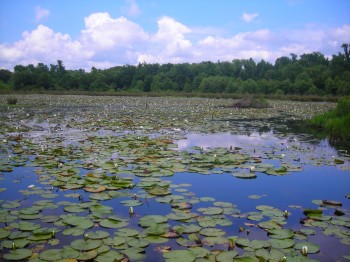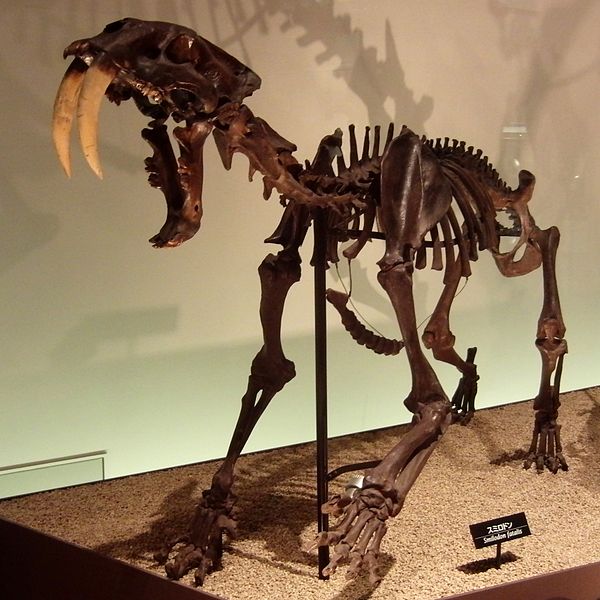I've learned a lot about human nature in the past 5 years. The attack on our nation on Jan. 6th, 2021 is very disturbing, as are the votes of the GOP to erase valid election results based on provably false accusations. So far, the USA looks as if it might stay a republic, at least for a little longer. GOP rep Edwards summed things up fairly clearly as he quit the party, "It’s gone. I mean there is no Republican Party anymore that has values, principles, morals, anything". To underscore his statement, GOP senator Kinzinger has been called an evil demon and disowned by his family for voting to impeach after it was clear Trump incited rioters and did nothing to stop the violence as it unfolded.
However, the most disturbing behavior I have personally witnessed are from the GOP voters themselves. The conspiracy mindset and tossing words like "democrat, nazi, christian values" in a ranting manner that show they use those words as weaponized labels stripped of meaning. A close relative referred to democrats as nazis for stealing the presidency, while I'm literally watching a video of a right wing extremist deface the capitol wearing a shirt with Camp Auschwitz on it. I watched a man and his son laugh at a woman who would not enter the grocery store because they were blocking the doorway without covid masks and they got in a truck with a christian symbol and trump sticker. Support for their chosen messiah is fading, yet the unthinking, closed-minded, and cruel attitudes persist with no introspection on what their actions have wrought.
Scientists and philosophers struggle with why humans can be blind to reality. Watching my country dabble with demagogues has made me realize how delusional I've been in buying into some of our patriotic narratives of the past that bend truth. I hope we can still learn from our failings, and our recent rabid nationalism serves as a warning to others. The world has too many real problems to waste precious time and energy on hostile bullshit.














